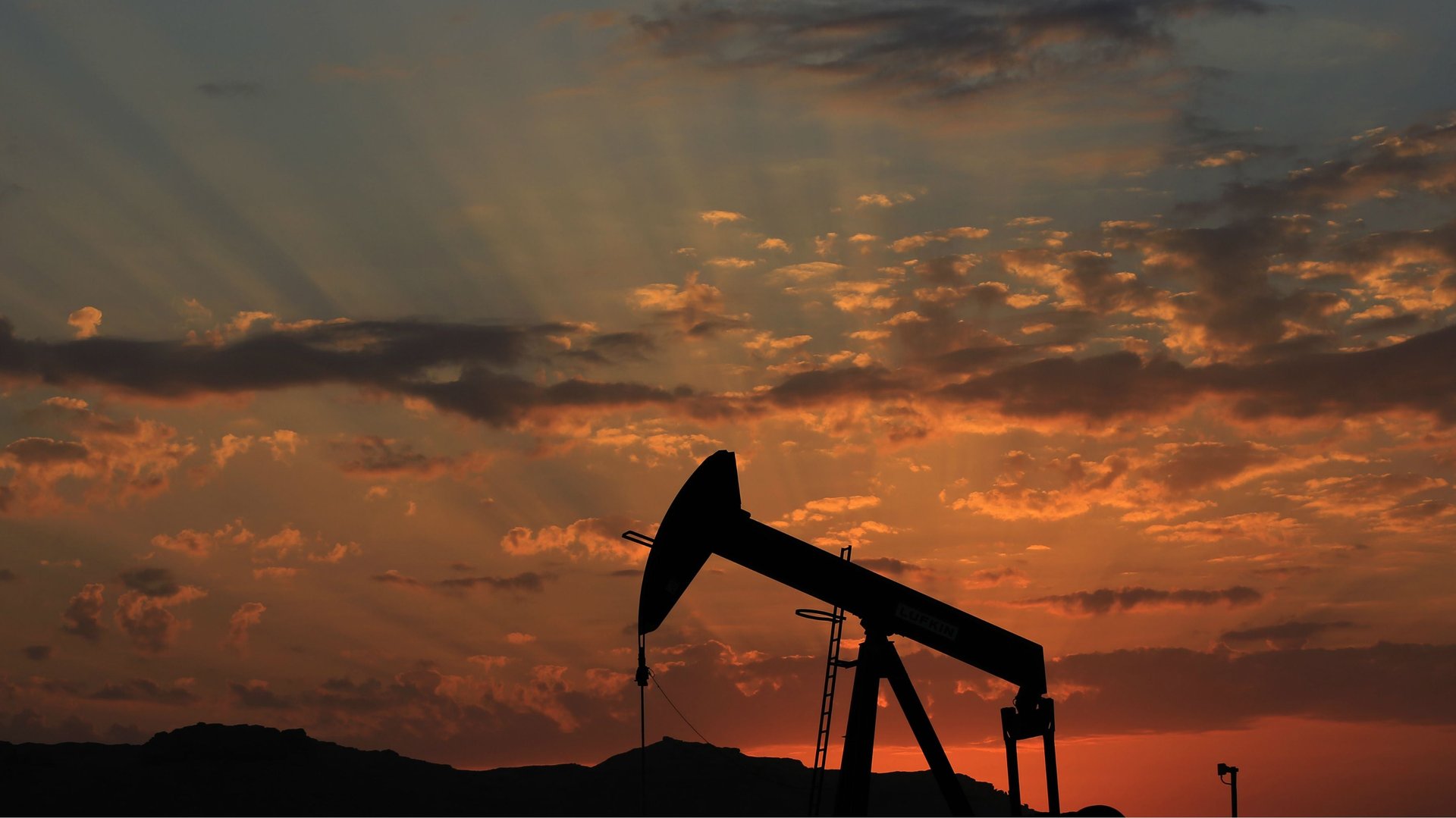Saudi Arabia plans to diversify from oil. That hasn’t gone so well in Brunei
Saudi Arabia, once the world’s largest energy producer before the US took over with huge amounts of shale gas, is facing its biggest economic challenge in a decade. Oil prices continue to crash with no clear end in sight; last week, the price of oil fell below the price of an actual barrel. The IMF says Saudi Arabia is in danger of draining its financial reserves within five years.


Saudi Arabia, once the world’s largest energy producer before the US took over with huge amounts of shale gas, is facing its biggest economic challenge in a decade. Oil prices continue to crash with no clear end in sight; last week, the price of oil fell below the price of an actual barrel. The IMF says Saudi Arabia is in danger of draining its financial reserves within five years.
So the energy-dependent nation—oil made up 73% of revenues last year—will try to tackle its almost $100-billion deficit with ambitious new plans to strengthen other industries, which range from information technology to tourism, and diversify away from oil.
But can Saudi Arabia wean itself off its most precious resource?
Some are skeptical, and for good reason. Other countries have struggled to do just that. Take Brunei, whose people benefit from no income tax, free education, and access to social housing because of its oil and gas sector, which accounts for 60% of its economic output (paywall).
But it’s also down to oil that the small wealthy nation is now facing an uncertain future, despite a great deal of effort to diversify its economy going back as far as the 1950s. According to the BP World Energy Outlook, the country has enough oil left for just 22 years at its current pace of extraction. (Saudi Arabia has 63 years.)
Brunei has a new development plan—Vision Brunei 2035— to build other parts of its economy. The government has targeted a number of key sectors, including halal manufacturing, information technology, and tourism. But despite the government’s best efforts, these prioritized sectors have failed to kick off.
According to the Financial Times, Brunei’s fiscal deficit was expected to reach 10% of GDP in 2015—compared with a 28% surplus in 2011. More than half the population are still employed by the public sector.
“I don’t think any economist would be very bullish about the future of Brunei’s non-oil and gas sectors, to put it mildly,” Ian Storey, a senior fellow at the Institute of Southeast Asian Studies in Singapore, told The Globe and Mail. Faced with a slump, Brunei has decided to double down and deal with the oil crisis—by producing more oil.
Here’s hoping the Saudis have an easier time. In Saudi Arabia, only 16% of the workforce is in the private sector and it’s coming off a huge boom—between 2003 and 2013, Saudi Arabia’s GDP doubled and household income rose by 75%, according to the consultants McKinsey.